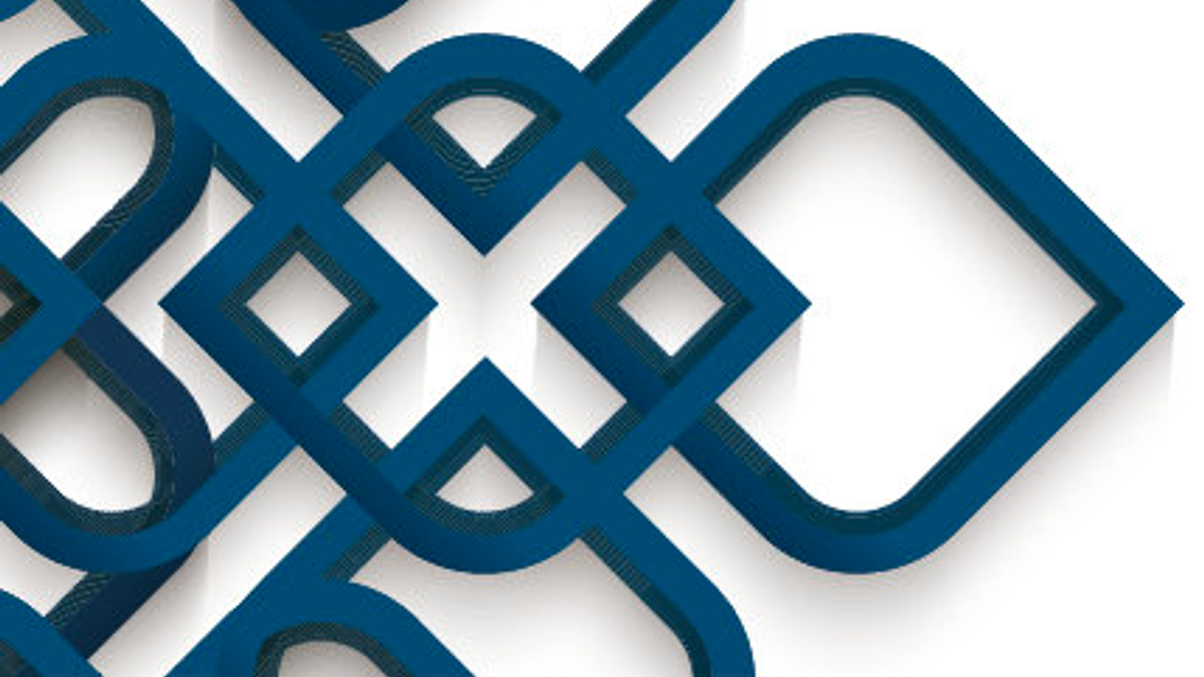The top 10 fund managers by Islamic assets
AsianInvestor has compiled its second annual list of the biggest fund houses by sharia-compliant assets. The largest 50 saw their Islamic assets rise by a quarter last year.

Institutional flows to sharia equity portfolios drove a continued rise in Islamic assets under management last year, but fund houses are tipping the retail and sovereign proportion to grow.
Sign in to read on!
Registered users get 2 free articles in 30 days.
Subscribers have full unlimited access to AsianInvestor
Not signed up? New users get 2 free articles per month, plus a 7-day unlimited free trial.
¬ Haymarket Media Limited. All rights reserved.


